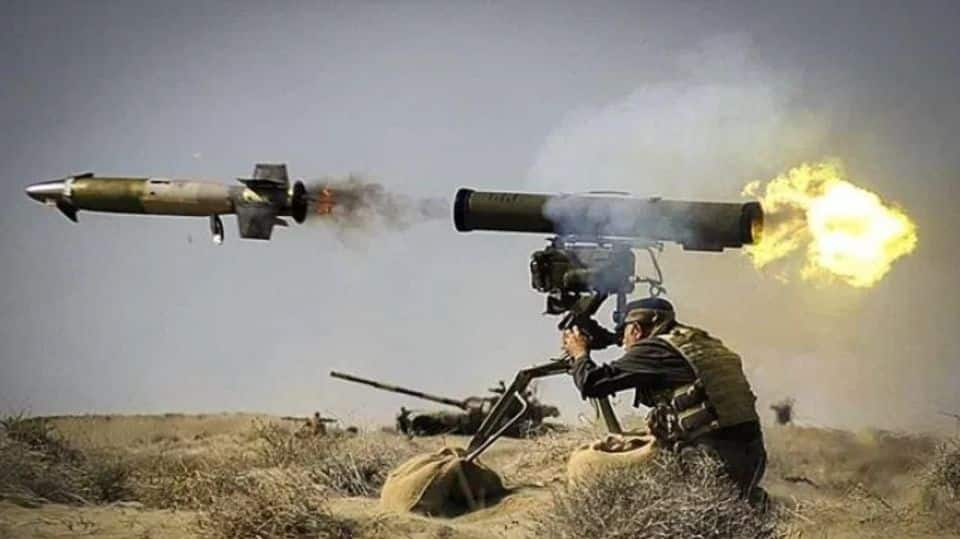
India will begin talks to acquire Israeli anti-tank missiles
What's the story
Weeks after India cancelled the $500bn deal to buy anti-tank guided missile Spike from Israel, the deal is back on track.
PM Narendra Modi's government will kick off negotiations, when Israel's visiting defense secretary Major General (retired) Udi Adam and his Indian counterpart Sanjay Mitra meet today.
Why is this missile required? Is Indian government hoping for a sweet deal?
Here's more about it.
About
What are the Spike anti-tank missiles?
Spike is a man-portable "fire and forget missile," that can hit moving targets such as tanks and aircrafts. It can hit a target 4km away or 25km for no-line-of-sight targets that it finds through a heat-tracking system.
Presently, Pakistan has an advantage. Their portable anti-tank missiles strike bunkers and tanks from a distance of 3-4kms, while India's missiles have a 2kms range.
Requirement
Why does the Army need it?
This new deal meets the army's urgent requirements for these missiles. It also fills the gap before the indigenous Nag anti-tank missile system is inducted.
The third-generation Nag, being developed by the Defence Research and Development Organisation (DRDO), has a range of 4kms and was successfully tested last September.
Its heat-seeker guidance system is in the test stage, but commercial production will take time.
Difference
How is this deal different from the earlier deal?
Meanwhile, the earlier deal had a full transfer of technology clause.
Now, the defense ministry plans to negotiate at least 3,000 Spike missiles manufactured by Rafael Advanced Defense Systems through a government-to-government (G2G) route.
Without the technology transfer clause, they hope to buy the missiles at a cheaper price.
These will be manufactured under 'Make in India' by Kalyani Strategic System-Rafael JV in Hyderabad.